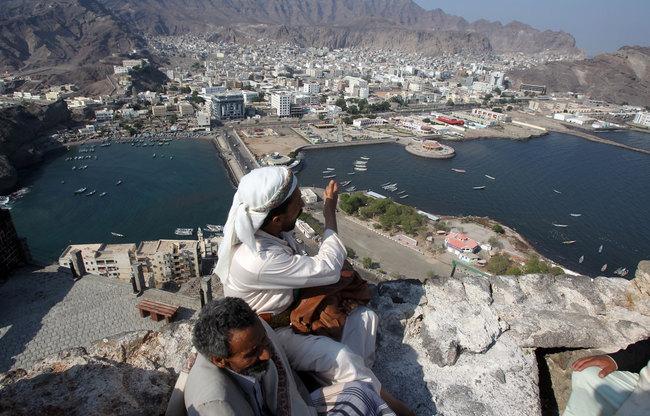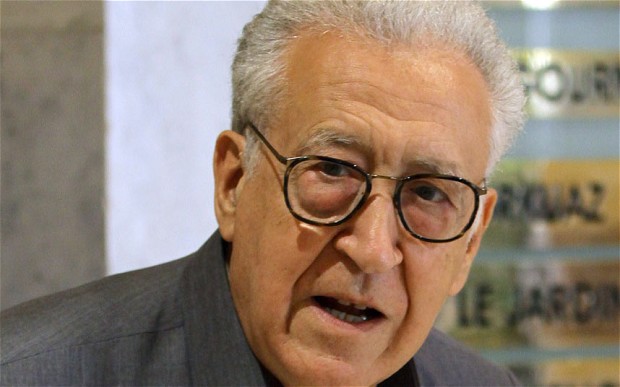CAIRO: Egypt decided to recall a trade delegation that was visiting Israel Thursday in what was interpreted as a protest against tying the fate of captive Israeli soldier Gilad Shalit to the opening of the Rafah crossings into Gaza, the Israeli press reported.
A delegation from the Egyptian foreign ministry in Israel to discuss commercial relations in Jerusalem with the Israeli Ministry of Trade and Industry was called back to Cairo on Thursday.
The Israeli cabinet had decided Wednesday against reopening any of the crossings into the Gaza Strip unless Hamas released Shalit.
Israel’s insistence to include the fate of Shalit in Egypt’s arbitration efforts with Hamas has been met with resistance from Egypt and from within Israel itself.
Foreign Ministry spokesman Hossam Zaki had said that linking Shalit’s fate to the prospects of a long-term truce with Hamas would “hinder any chances for a ceasefire.
Israeli defense Ministry official Amos Gilad who is responsible for liaising with the Egyptians over the ceasefire also stated that linking Shalit to the truce might alienate Egypt which he considered an ally Israel should not lose.
“I don’t understand what it is that they’re trying to do, he reportedly said Wednesday, “To insult the Egyptians? We’ve already insulted them. It’s madness. It’s simply madness. Egypt has remained almost our last ally here.
The Israeli newspaper Haaretz reported that Egypt’s ambassador to Israel had contacted the Israeli foreign ministry and told them that recalling the delegation was not a politically motivated move, but rather a technical one. He had also said that the delegation would return next week.
However, Haaretz had also reported that the Egyptian delegation said that they had to return, explaining “this is an order from up high, and we must abide.
“There is a chance that there were indeed technical reasons for recalling the delegation, said Israel expert at Al Ahram Center for Political and Strategic Studies Abdel-Aleem Mohamed, “but there could have also been a political aspect to it. Egypt perceives the last minute alterations to the truce negotiations as making light of its role.
He added that this could have been done to object against the Israeli cabinet’s decision.
“Egypt has been trying to mediate a long lasting truce between the two sides and to suddenly insert the fate of Shalit at the last minute makes it much more difficult to accomplish this, said Mohamed.
Previous negotiation efforts between Hamas and Israel over the issue of Shalit with Egypt’s arbitration centered on the possibility of a prisoner exchange with Hamas members in Israeli prisons.


